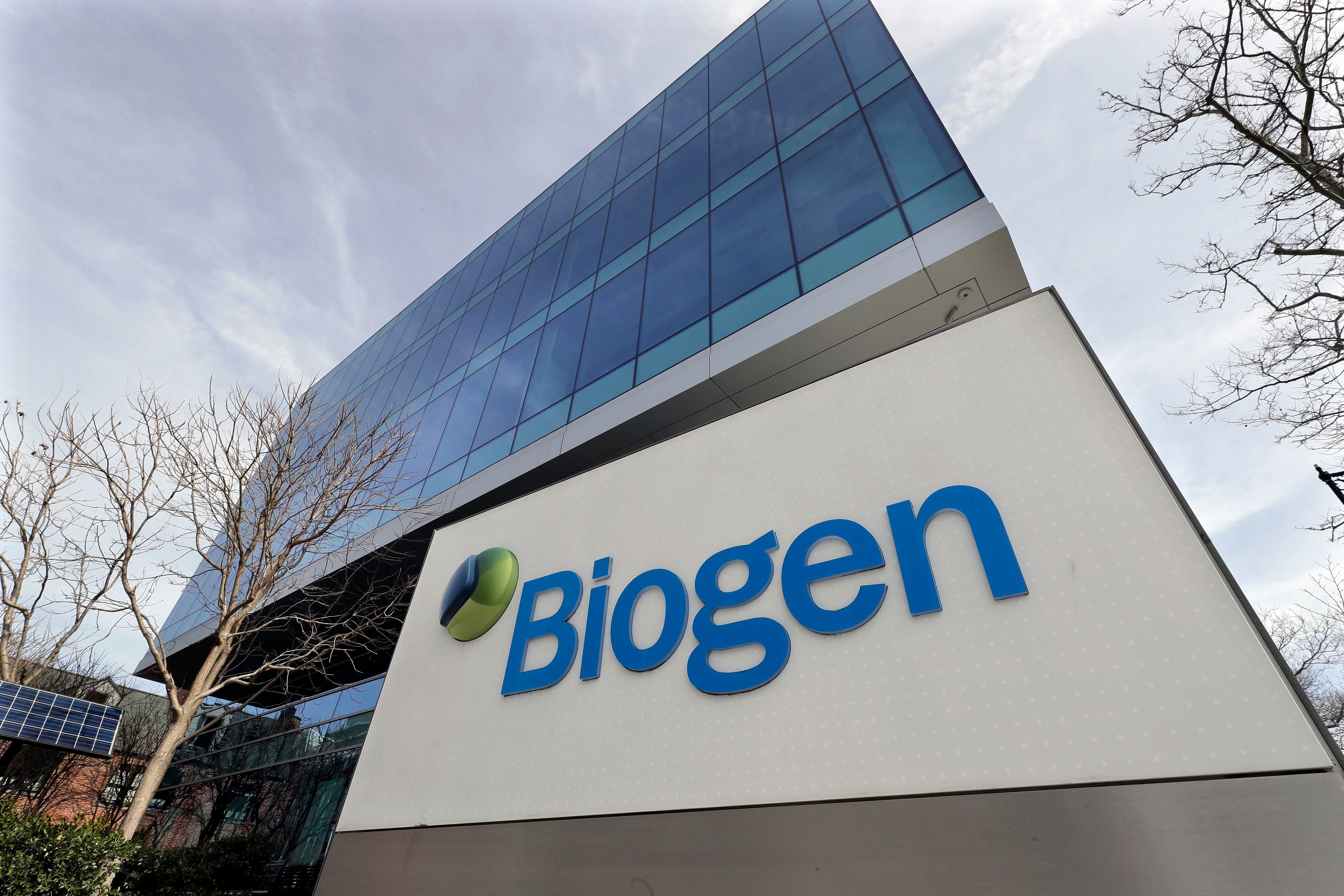European committee takes a second look at Alzheimer's drug and now says it should be approved
A European regulatory committee now recommends approval of the Alzheimer’s treatment lecanemab a few months after rejecting the drug

Your support helps us to tell the story
From reproductive rights to climate change to Big Tech, The Independent is on the ground when the story is developing. Whether it's investigating the financials of Elon Musk's pro-Trump PAC or producing our latest documentary, 'The A Word', which shines a light on the American women fighting for reproductive rights, we know how important it is to parse out the facts from the messaging.
At such a critical moment in US history, we need reporters on the ground. Your donation allows us to keep sending journalists to speak to both sides of the story.
The Independent is trusted by Americans across the entire political spectrum. And unlike many other quality news outlets, we choose not to lock Americans out of our reporting and analysis with paywalls. We believe quality journalism should be available to everyone, paid for by those who can afford it.
Your support makes all the difference.A European regulatory committee now recommends approval of the Alzheimer’s treatment lecanemab a few months after rejecting the drug.
Biogen said Thursday that the drug, known in the U.S. as Leqembi, received a positive opinion from the European Medicines Agency’s Committee for Medicinal Products for Human Use as a treatment for early Alzheimer’s disease.
The European Commission is now expected to make a marketing authorization decision in the next few months.
The committee had said in July that concerns about the drug’s potential side effects outweigh the impact it has in slowing the fatal, mind-robbing disease. But Japanese drugmaker Eisai asked the committee to reconsider its decision.
Eisai developed Leqembi and is co-marketing it with Cambridge, Massachusetts-based Biogen Inc.
Leqembi clears a sticky brain plaque linked to the disease. A large study has shown that it slowed memory and thinking decline by several months in those who received the treatment compared to those who got a dummy drug.
It also can cause brain swelling and bleeding, side effects that can be dangerous in rare cases.
The drug received full approval last year from the U.S. Food and Drug Administration. Regulators in several other countries also have approved it.
The FDA also approved in July a competing drug from Eli Lilly and Co.